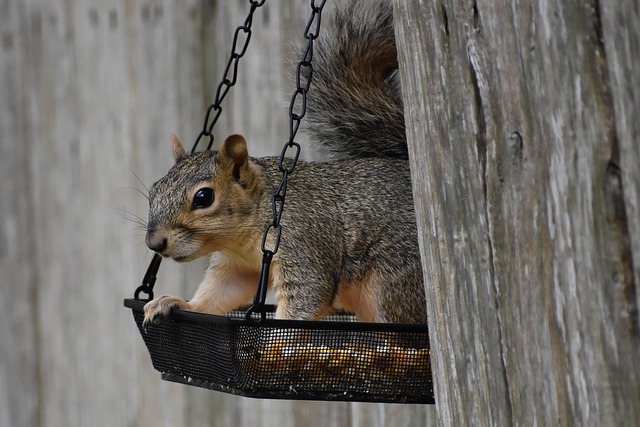In New Bedford, Massachusetts, planning a fence installation project involves understanding intricate cost dynamics. This article serves as a comprehensive guide for homeowners aiming to navigate the financial landscape of fencing in this region. We delve into the factors that dictate price estimates, explore various material options, and highlight the importance of local regulations and permits. By dissecting these aspects, we empower readers with knowledge, ensuring they make informed decisions regarding their New Bedford fence installation.
- Understanding New Bedford's Fence Installation Costs
- Factors Influencing Price Estimates in Massachusetts
- Material Options and Their Cost Implications
- Local Regulations and Permits: What Homeowners Should Know
Understanding New Bedford's Fence Installation Costs
In New Bedford, Massachusetts, fence installation costs can vary widely depending on several factors. The primary influences include the type of fence material, its size and design, local labor rates, and any additional features or customization requested. For instance, a standard wood fence typically costs less than a vinyl or chain-link option, which are more durable but also pricier. Moreover, larger fences or those with complex designs will generally have higher installation expenses due to the increased time and materials required.
Property location within the city can also play a role, as access and site preparation may be more challenging in certain areas. It’s important for homeowners to obtain multiple estimates from reputable contractors to get a clear understanding of the costs associated with their specific fence project. This process allows them to make informed decisions and budget accordingly.
Factors Influencing Price Estimates in Massachusetts
When estimating fence installation costs in New Bedford, Massachusetts, several factors come into play. One of the primary influences is the type of material chosen—wooden fences, for instance, vary significantly in price depending on whether you opt for pressure-treated pine or exotic hardwoods. Local labor rates and the complexity of the project also contribute to the overall cost. A simple straight fence will be less expensive than a complex design with multiple curves and angles.
Additionally, factors like land topography, existing structures, and accessibility can impact installation time and costs. Difficult terrain or tight spaces might require specialized equipment, adding to the expense. Moreover, permits and inspections, which are mandatory in many areas, can introduce unforeseen fees. It’s essential to research local regulations and obtain accurate quotes from multiple contractors to get a clear picture of New Bedford’s fence installation cost estimates.
Material Options and Their Cost Implications
When considering fence installation in New Bedford, one of the primary factors affecting cost is the material choice. Common options range from wood to vinyl, steel, and aluminum. Wood offers a natural aesthetic but requires regular maintenance and can be more susceptible to rot or insect damage over time. Vinyl fencing is low-maintenance, durable, and available in various colors, but it may not offer the same level of privacy as other materials. Steel and aluminum fences are known for their strength and longevity but tend to be more expensive upfront and might require professional installation due to their weight.
The cost implications of these materials vary significantly. Wood typically starts at around $15 per linear foot, while vinyl fencing averages between $20 to $40 per linear foot, depending on style and quality. Steel and aluminum fences usually begin from $30 to $60 per linear foot, with custom designs or higher-end finishes driving up the price. Material costs alone can range from several hundred to thousands of dollars, making it crucial to balance aesthetic preferences with budget considerations when choosing a fence material.
Local Regulations and Permits: What Homeowners Should Know
Before diving into fence installation, New Bedford homeowners must familiarize themselves with local regulations and permits. These guidelines are in place to ensure safety, maintain neighborhood aesthetics, and protect property values. Each town or city may have specific requirements regarding fencing materials, height restrictions, and placement. For instance, some areas might mandate certain types of fences for security or privacy while others could have rules about fence colors or designs to preserve historical districts.
Homeowners should contact their local building department or zoning board to obtain the necessary permits. This process typically involves submitting application forms, providing detailed plans of the proposed fence, and possibly paying a fee. Permits ensure that construction complies with safety standards and local laws, preventing potential issues during or after the installation process. It’s essential to check these regulations early in the planning stage to avoid delays and fines.
